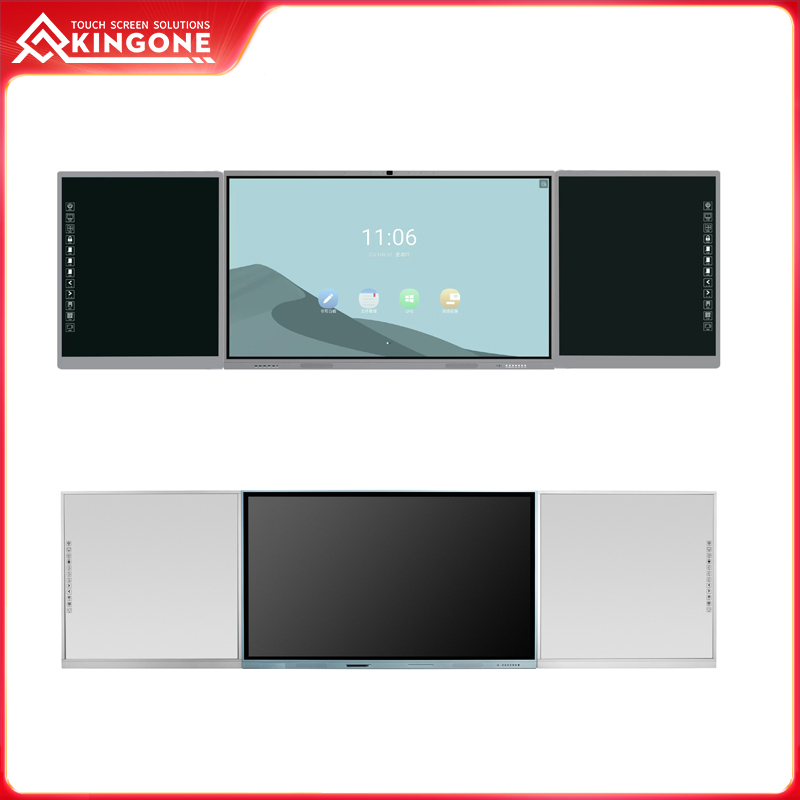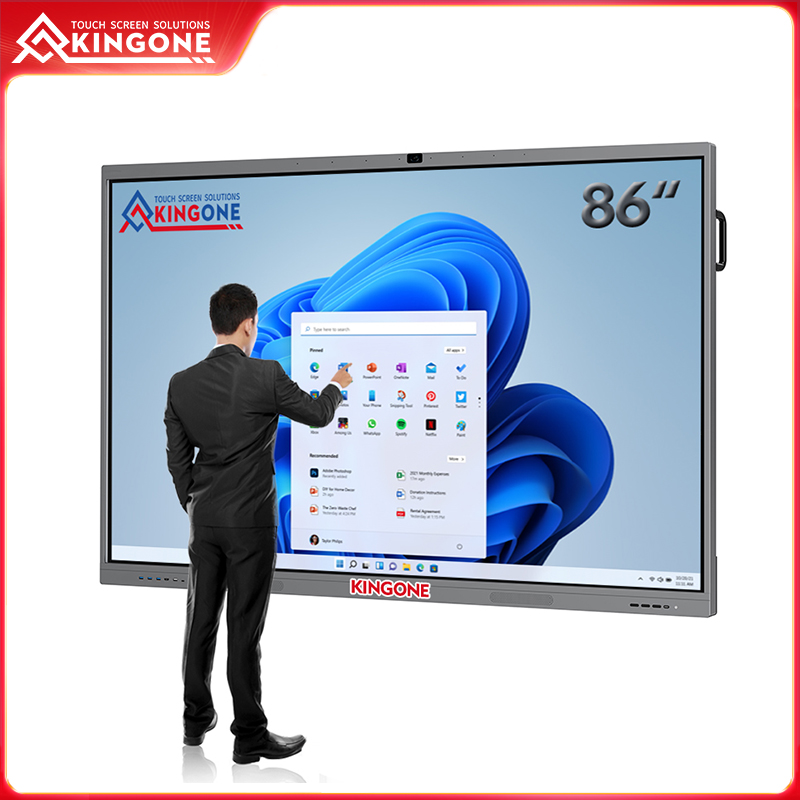Does Nano Blackboard Affect Teacher Roles?
Published:
2023-08-21 10:34:04
Nano Blackboard, an innovative educational technology, has been increasingly adopted in schools around the world.
Nano Blackboard, an innovative educational technology, has been increasingly adopted in schools around the world. This advanced electronic teaching tool offers a range of functionalities that aim to revolutionize the traditional classroom setting. In light of its extensive implementation, it is essential to examine how the introduction of Nano Blackboard affects the roles and responsibilities of teachers in education. This article explores the various ways in which Nano Blackboard influences teacher roles and discusses the potential benefits and challenges associated with this technological advancement.
1. Facilitator of Learning
With the integration of nano blackboard for classroom, teachers take on the role of facilitators rather than simply disseminators of knowledge. This technology encourages active student engagement, as it allows for interactive discussions, collaborative learning, and real-time feedback. Teachers have the opportunity to guide students in exploring educational materials, encouraging critical thinking, and fostering problem-solving skills. Thus, Nano Blackboard empowers educators to act as facilitators who can create an engaging and dynamic learning environment.
2. Customization and Personalization
Nano Blackboard enables teachers to adapt their teaching strategies to cater to the individual needs and learning styles of students. The platform offers a variety of tools such as multimedia presentations, virtual simulations, and interactive assessments. Teachers can personalize the learning experience by tailoring instructional materials and activities to meet the specific requirements of their students. This customization aspect of Nano Blackboard empowers teachers to create a more inclusive and student-centered learning environment.
3. Data-Driven Instruction
Nano Blackboard provides valuable insights into student performance and progress through its data analytics capabilities. Teachers can gather real-time data on students' engagement, comprehension levels, and learning patterns. This data-driven approach allows educators to identify areas for improvement, provide targeted interventions, and enhance instructional practices. By leveraging the data provided by Nano Blackboard, teachers can make informed decisions and adapt their teaching strategies accordingly.
4. Collaboration and Communication
Nano Blackboard enhances collaboration and communication among students, as well as between teachers and students. The platform enables seamless sharing of resources, collaborative projects, and real-time communication through features like discussion boards, chat functions, and file sharing. Teachers can facilitate effective collaboration among students, encouraging teamwork, and fostering the development of important interpersonal skills. Furthermore, Nano Blackboard promotes communication between teachers and students, creating a supportive and interactive learning environment.
5. Technological Competence
Integrating Nano Blackboard into the classroom requires teachers to develop technological competence. Teachers need to familiarize themselves with the functionalities and applications of the platform to effectively utilize its features. This necessitates ongoing professional development and training opportunities for educators. As teachers embrace and navigate this technological change, they enhance their digital literacy skills and become better equipped to adapt to future advancements in educational technology.
As Nano Blackboard becomes increasingly prevalent in classrooms, teachers' roles in education are transformed. They transition from traditional knowledge providers to facilitators, personalizers, data-driven instructors, collaborators, and techno-savvy educators. The introduction of Nano Blackboard presents both opportunities and challenges, requiring teachers to actively embrace this technology and adapt their pedagogical practices. By leveraging the capabilities of Nano Blackboard, teachers can create a more interactive, personalized, and engaging learning environment for students, preparing them for the demands of the digital era.
 English
English







